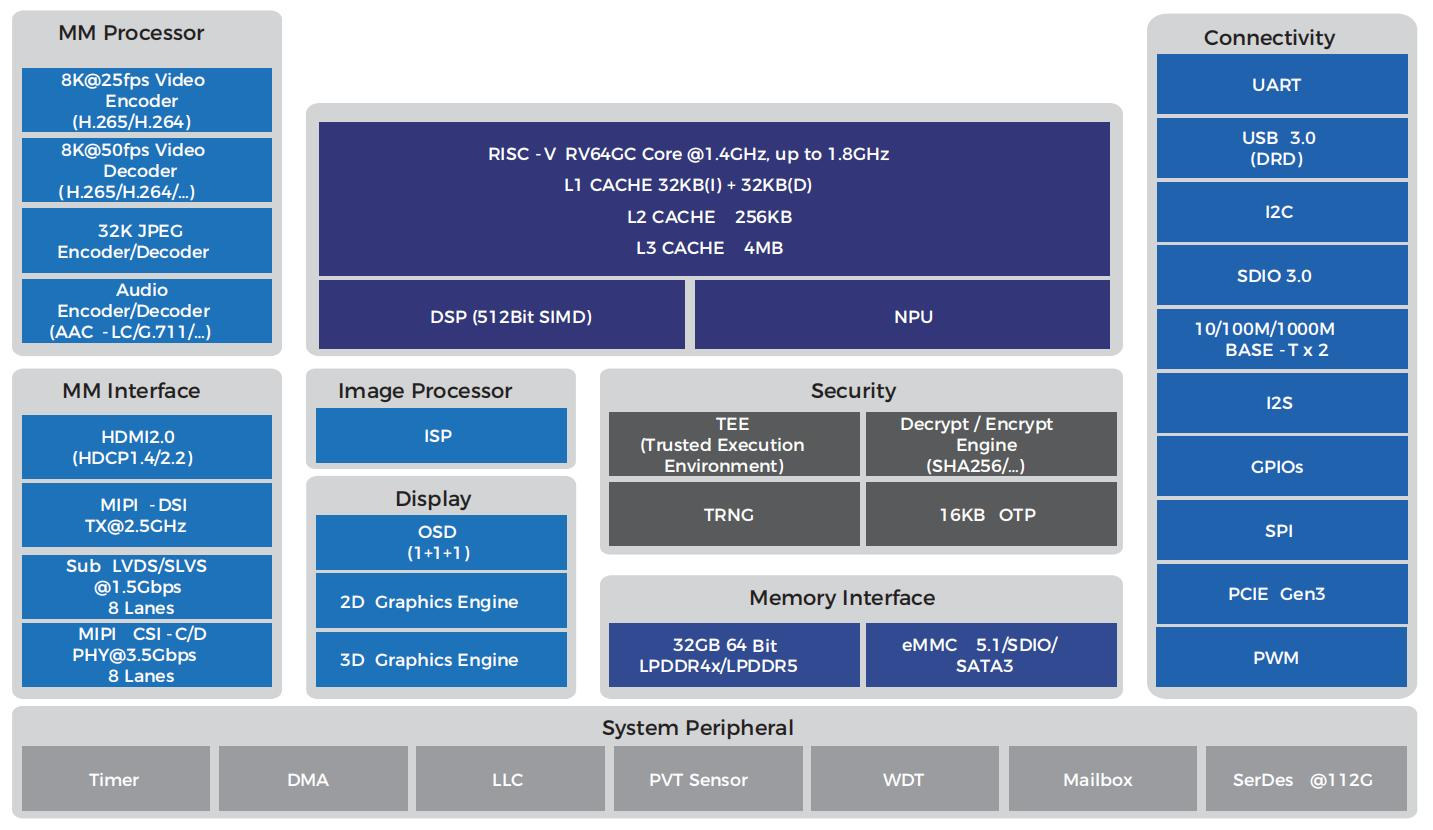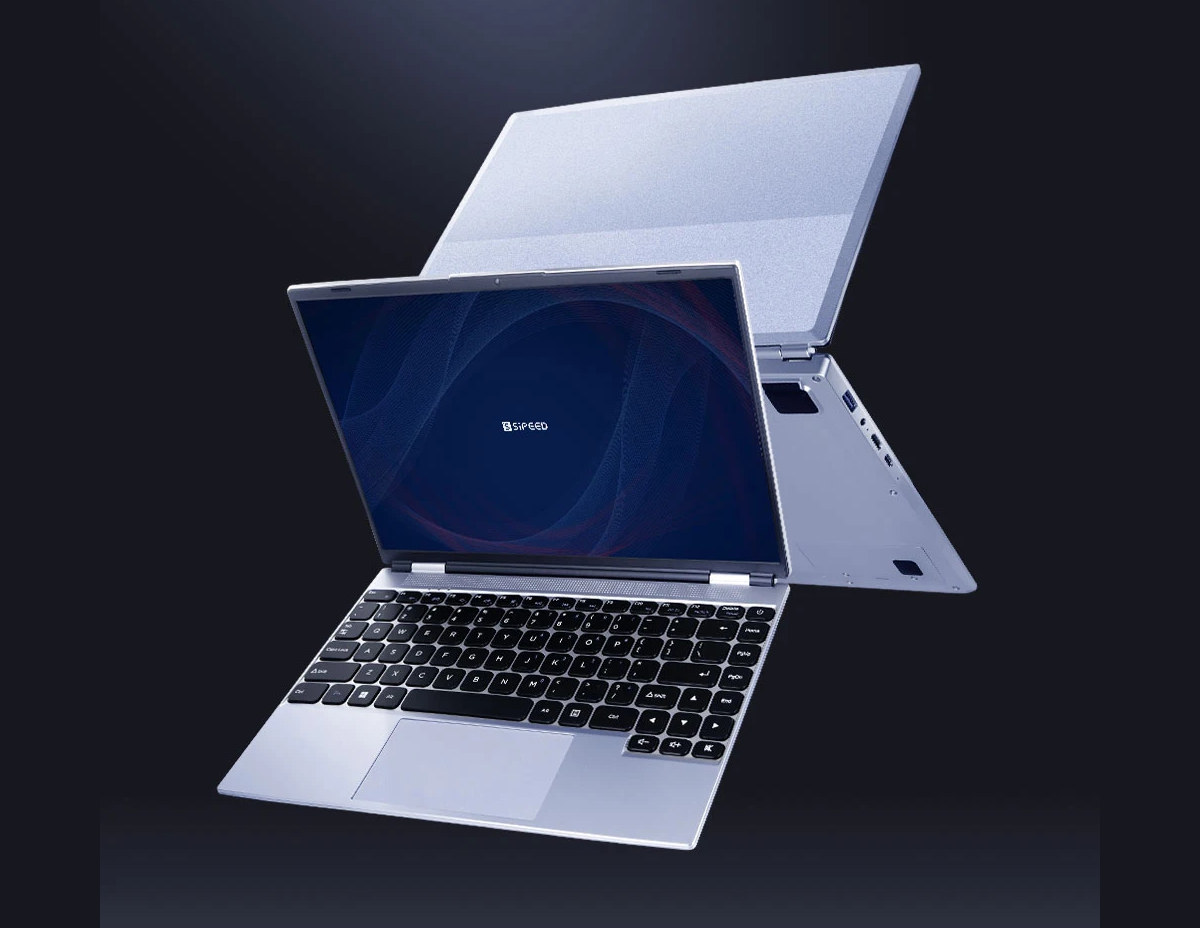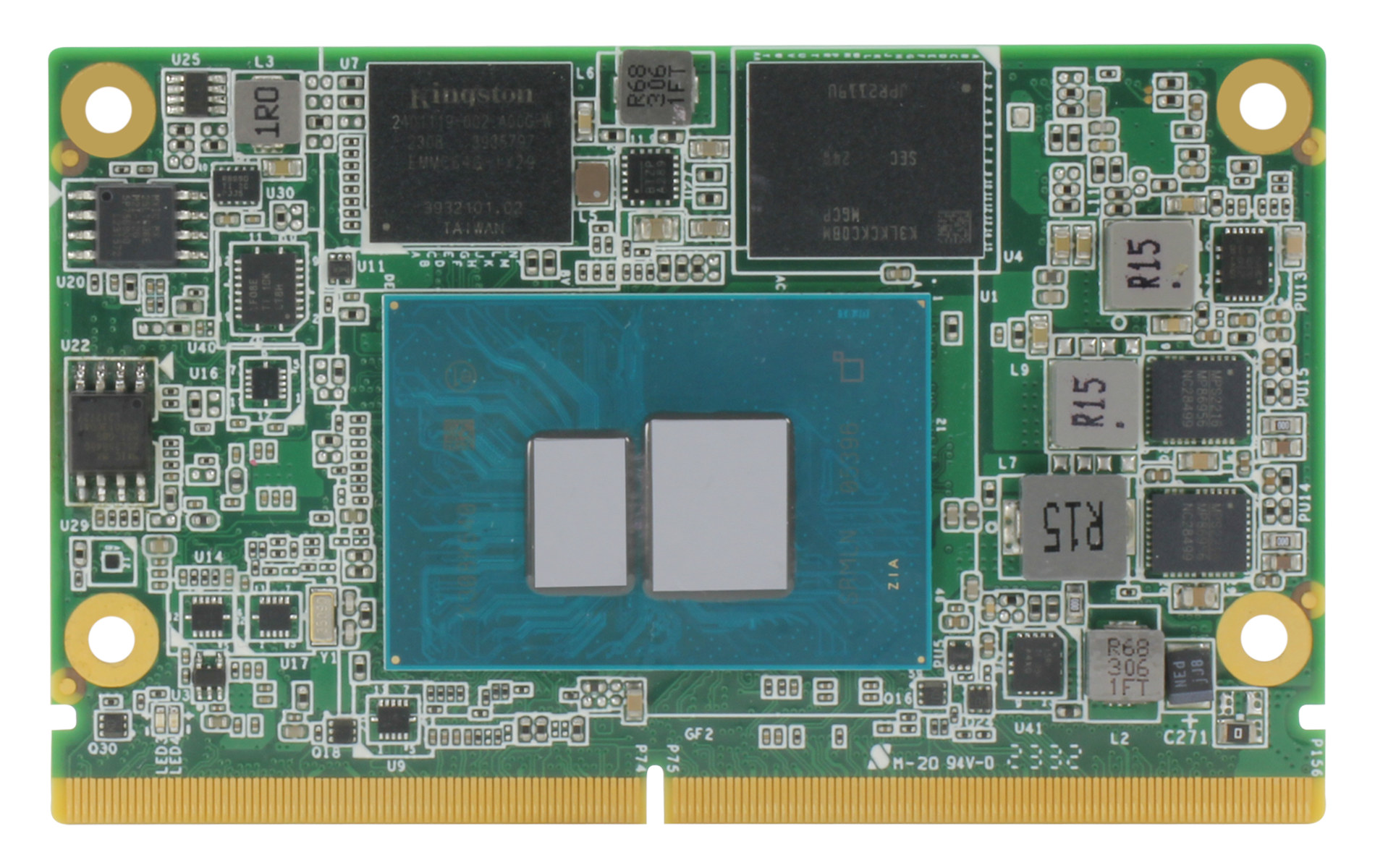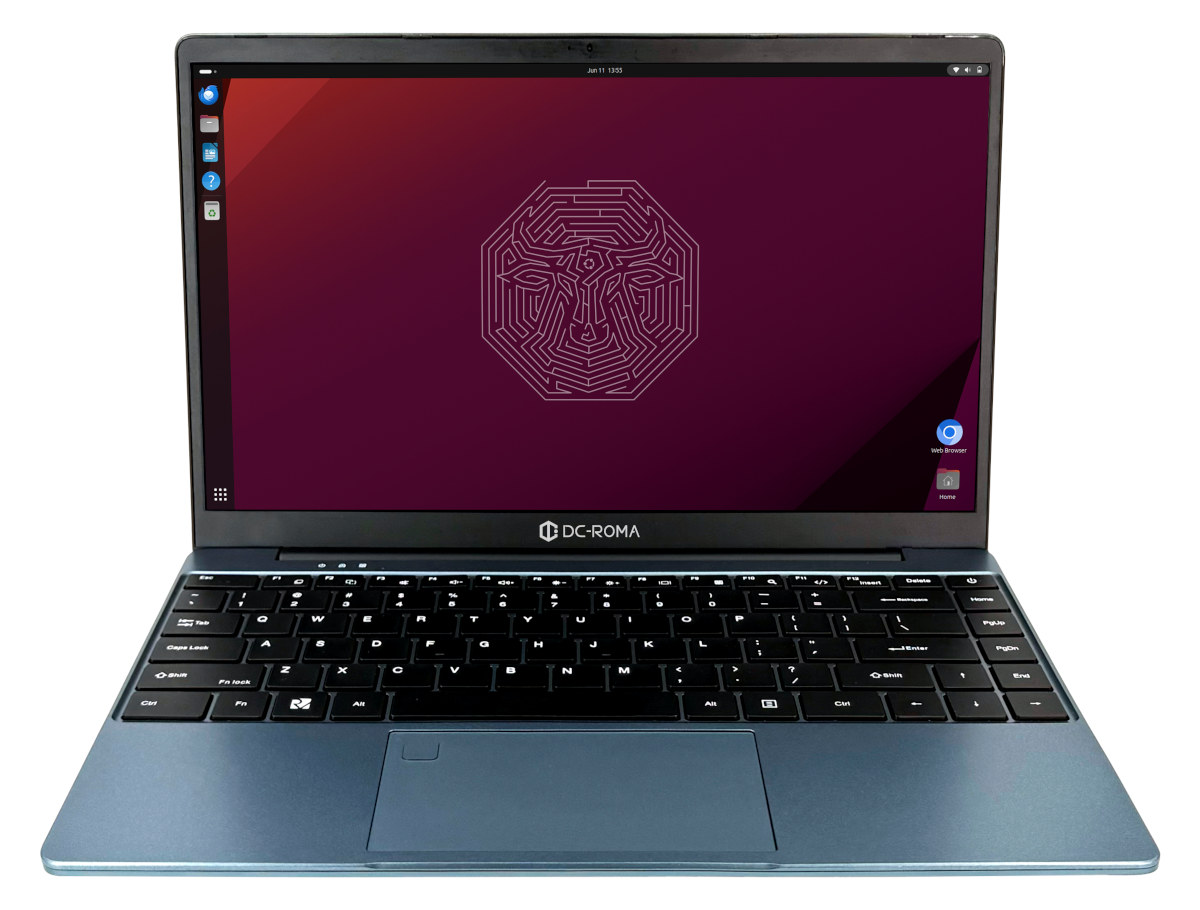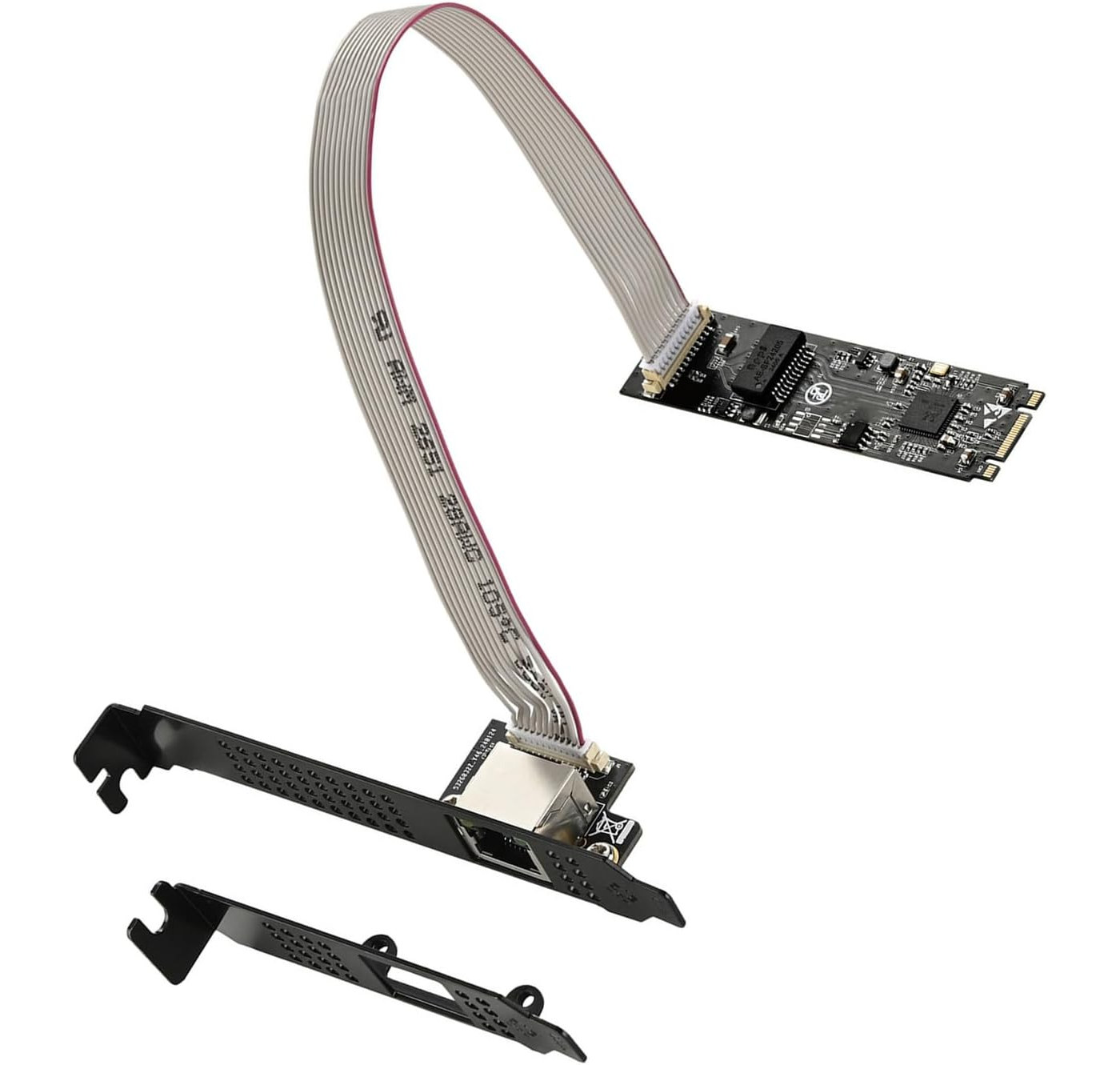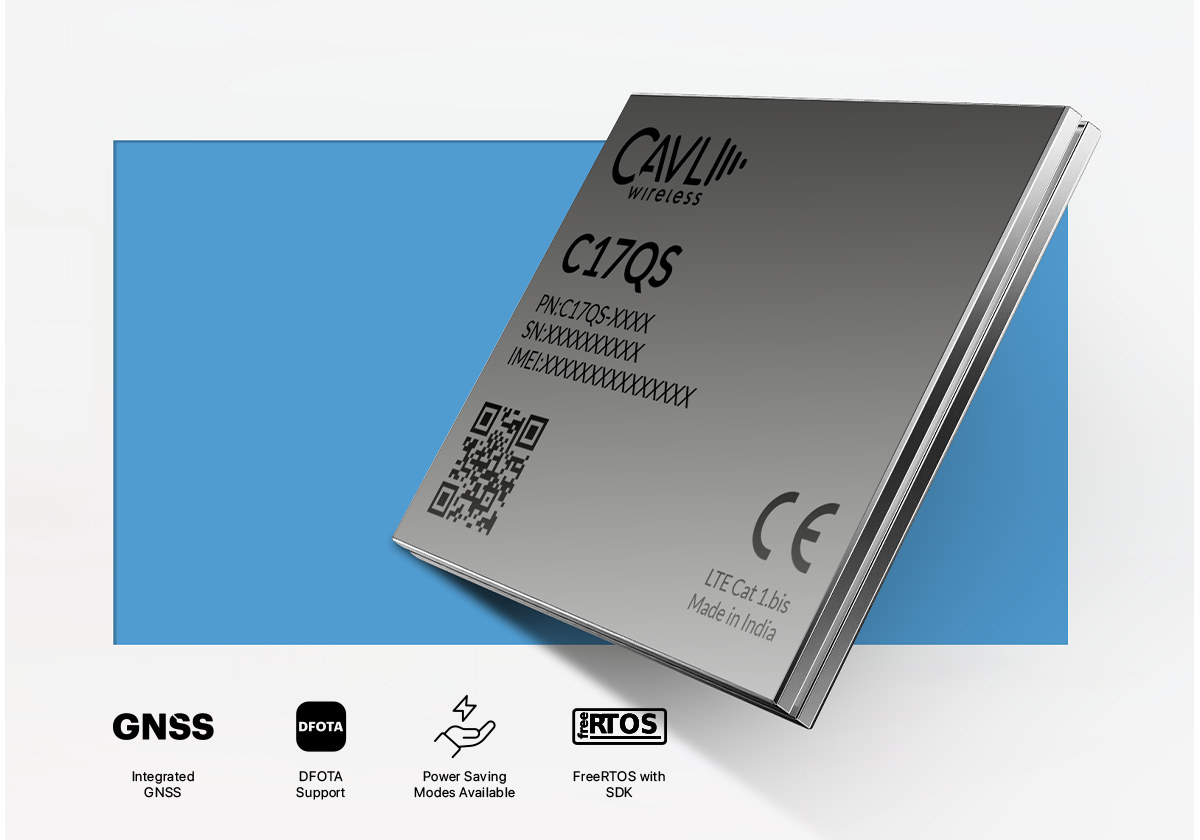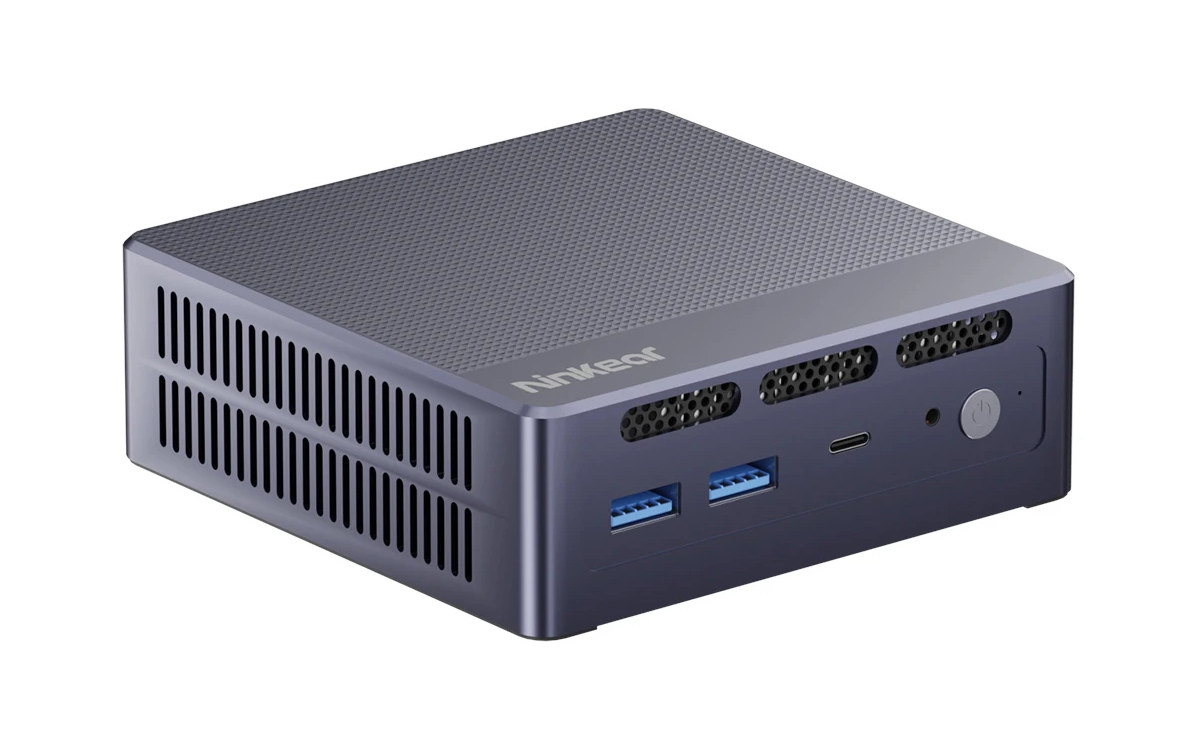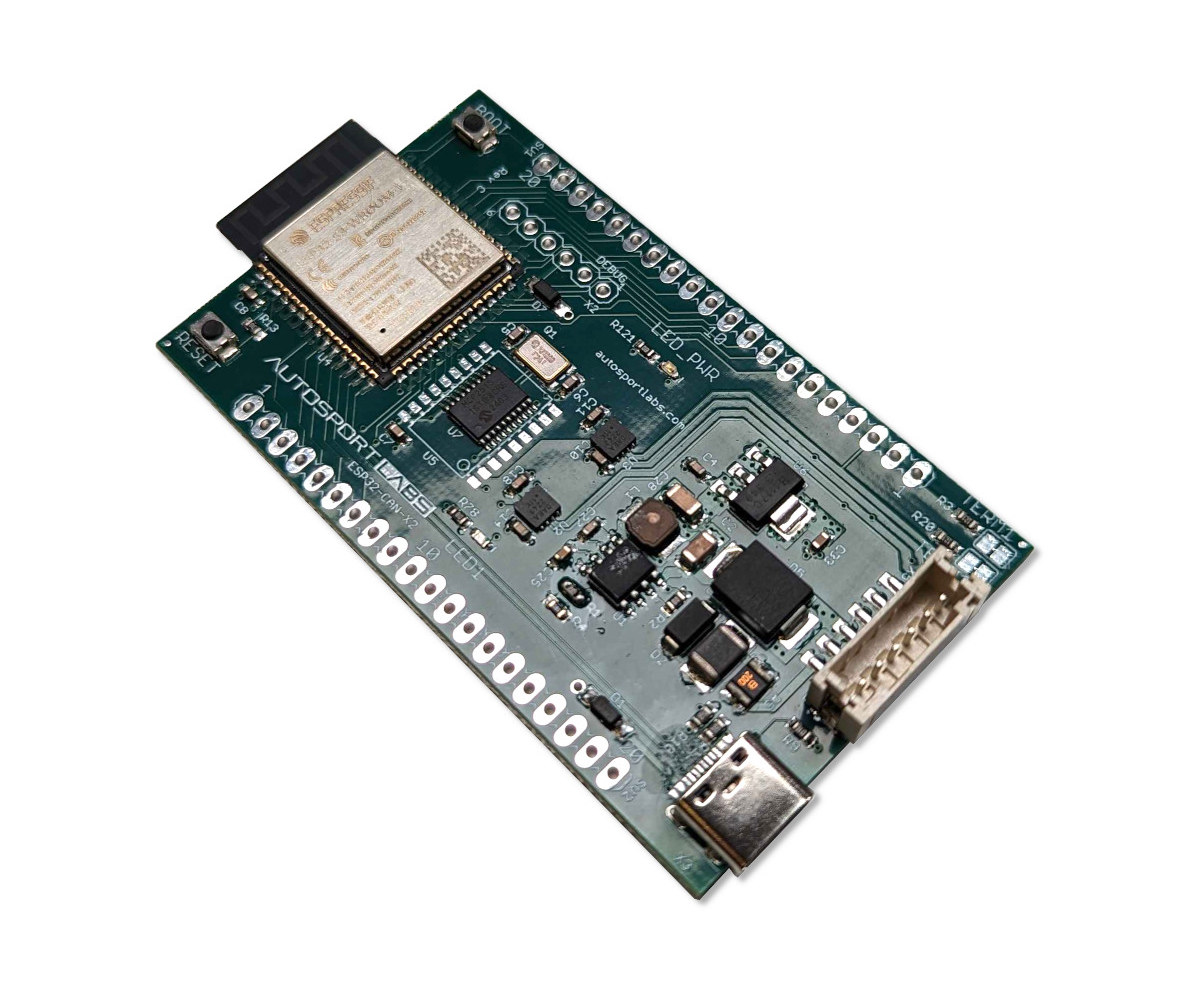Yesterday we noted Sipeed was working on the LM5A system-on-module powered by ESWIN EIC7700X quad-core RISC-V processor with a ~20 TOPS AI accelerator in order to integrate it into its Lichee Book laptop and other carrier boards. So today, I’ve decided to look into the EIC7700X SoC designed by “BEIJING ESWIN COMPUTING TECHNOLOGY CO., LTD”, or ESWIN for shorts. The EIC770X features four 64-bit RISC-V (RV64GC) cores clocked up to 1.8 GHz, an Imagination AXM-8-256 3D GPU, a 19.95 TOPS NPU, H.265/H.264 video encoder/decoder capable of handling up to 32x 1080p30 videos, various video output (HDMI + DSI) and input interfaces, dual GbE, 4-lane PCIe Gen 3, and more. ESWIN EIC7700X specifications: CPU 4x SiFive Performance P550 RV64GC RISC-V cores @ 1.4GHz (up to 1.8GHz) with Cortex-A75-class performance 32KB(I) + 32KB(D) L1 Cache 256KB L2 Cache 4MB shared L3 Cache Cache supports ECC (support SECDED) DNN Accelerator – 19.95 […]
Sipeed Lichee Book 4A 14-inch modular Linux laptop launched with TH1520 quad-core RISC-V processor
We’ve just written about Deep Computing’s DC-ROMA RISC-V Laptop II, but Sipeed has just launched the Lichee Book 4A modular RISC-V laptop based on the quad-core Alibaba T-head TH1520 processor and running Debian Linux. I was expecting the Lichee Book to launch with the SpacemIT K1 octa-core RISC-V processor, but Sipeed started with the time-tested TH1520 quad-core RISC-V processor coupled with up to 16GB RAM and 128GB eMMC flash and equipped with a 14-inch IPS display. In the future, we’ll get the Lichee Book 3A with the SpacemIT K1, and the Lichee Book 5A with an unnamed Cortex-A75-class RISC-V SoC with a 20 TOPS AI accelerator. Sipeed Lichee Book specifications: 260-pin SO-DIMM system-on-module (SoM) Sipeed LM3A – Upcoming module based on SpacemIT K1 octa-core RISC-V CPU (Cortex-A55 class) with 2 TOPS NPU Sipeed LM4A SoC – Alibaba T-Head TH1520 CPU Quad-core RISC-V Xuantie C910 (RV64GCV – RVV 0.7) processor @ […]
AAEON uCOM-ADN SMARC SoM features Intel Processor N97, Core i3-N305, or Atom x7425E CPU
AAEON uCOM-ADN is a SMARC-compliant system-on-module (SoM) based on an Intel Core i3-N305, Intel Atom x7425E, or Intel Processor N97 Alder Lake-N SoC and mainly designed for the digital signage and smart kiosk markets. The module is equipped with up to 8GB LPDDR5, up to 64GB eMMC flash, two 2.5GbE controllers, and offers a range of interfaces through a standard 314-pin MXM 3.0 connector such as SATA III, three PCIe Gen3 x1, DP++ and eDP video outputs, MIPI CSI camera input, and more. uCOM-ADN SMARC module specifications: Alder Lake N-series SoC (one or the other) Intel Atom x7425E quad-core processor up to 3.4 GHz with 6MB cache, 24EU Intel UHD Graphics @ 1.00 GHz; TDP: 12W Intel Processor N97 quad-core processor up to 3.6 GHz with 6MB cache, 24EU Intel UHD Graphics @ 1.20 GHz; TDP: 12W Intel Core i3-N305 octa-core processor up to 3.8 GHz with 6MB cache, 32EU […]
DC-ROMA RISC-V Laptop II with SpacemIT K1 octa-core SoC to run Ubuntu supported by Canonical
Deep Computing has announced the DC-ROMA RISC-V Laptop II powered by a 2.0 GHz SpacemIT K1 octa-core 64-bit RISC-V processor coupled with up to 16GB DDR4 and running Ubuntu with official support from Canonical. Deep Computing unveiled the first RISC-V laptop – named ROMA – in 2022 but it never really took off because of all the web3 and cryptocurrency features plus the ultra-high price. The new DC-ROMA RISC-V Laptop II does without those and features a 14-inch IPS display, a 1TB SSD, a WiFI 6 and Bluetooth 5.2 module, a webcam, several USB ports including a USB-C with DisplayPort Alr mode, and a “development interface” with a few GPIOs. DC-ROMA RISC-V Laptop II specifications: SoC – SpacemiT K1 CPU – 8-core X60 RISC-V processor @ up to 2.0 GHz; single-core performance equivalent to about 1.3x the performance of an Arm Cortex-A55 GPU – Imagination IMG BXE-2-32 with support for […]
RealTek RTL8126 5Gbps Ethernet PCIe and M.2 adapters are now available for $12 and up
The low-power RealTek RTL8126(-CG) PCIe 3.0 x1 to 5GbE controller was unveiled at Computex 2023 last year, and a few M.2 modules and PCIe cards are now available at very competitive prices. The first module that came to my attention was the “5000Mbps Networking Card B+M Key to PCIe Adapter” from STDEV sold for $27 on Amazon (where there’s also a 7% discount) that’s an M.2 PCIe module with a ribbon cable that is connected to a board with an RJ45 jack attached to a PCIe bracket. There’s limited information about it, and it was just added to Amazon on June 8, so there aren’t any user reviews just yet. But earlier today, Jiri Brejcha informed us he had tested a similar card (might even be the same) from Iocrest with a Raspberry Pi 5 and a Pineboards HatDrive BM1 HAT+ managing to reach 4.7 Gbps transfer speeds in both […]
Cavli C17QS Cat 1.bis cellular IoT and GNSS module offers more memory, global support, a new FreeRTOS SDK
Cavli Wireless C17QS is a Cat 1.bis cellular IoT and GNSS module that builds up on the Qualcomm QCX216-powered C16QS Cat 1.bis Cellular IoT module introduced last year, with more memory (2MB RAM) and storage (8MB flash), a wider range of LTE bands, multi-band (L1 and L5) GNSS, and a new FreeRTOS SDK for more flexibility compared to the C16QS. The Cavli C17QS Cat 1bis module is designed around a Qualcomm QCX217 Arm Cortex-M3 microcontroller clocked at up to 306MHz clock speed and running FreeRTOS real-time operating system. The module features a range of interfaces including UART, USB 2.0, USIM, SWD, ADCs, I2S, I2C, SPI, and GPIO pins. The new module is pin-to-pin compatible with the C16QS module for easier design upgrades. Cavli C17QS specifications: Wireless IC – Qualcomm QCX217 Arm Cortex-M3 @ 306 MHz, cellular modem-RF Memory – 2MB RAM Storage – 8 MB flash Cellular connectivity LTE CAT […]
Ninkear N9 mini PC with Intel Processor N95 CPU, 8GB RAM, 256GB SSD goes for $123 / 149 Euros
Ninkear N9 is an inexpensive mini PC powered by an Intel Processor N95 quad-core Alder Lake-N processor that sells for just around $123 shipped on AliExpress with 8GB RAM and a 256GB SSD. European readers will also find it on GeekBuying for 149 Euros shipping from the company’s European warehouse. The mini PC supports three independent displays through HDMI, DP, and USB-C connectors, comes with a 3.5mm audio jack, offers gigabit Ethernet and WiFi 5 connectivity, and four USB 3.0 ports for expansion. Ninkear N9 specifications: SoC – Intel Processor N95 quad-core Alder Lake N-series processor @ up to 1.10 GHz / 3.4 GHz (Turbo) with 6MB cache, 16EU Intel HD graphics @ 1.20 GHz; TDP: 12W System Memory – 8GB DDR4 Storage – 256GB M.2 SSD (Unclear whether SATA or NVMe) Video Output HDMI port up to 4Kp60 DisplayPort connector up to 8Kp60 USB-C via DisplayPort Alt mode up […]
Autosport Labs ESP32-CAN-X2 board combines two CAN bus transceivers with automotive-grade power supply
Autosport Labs, a company that makes products for motorsport acquisition and real-time telemetry, has launched the ESP32-CAN-X2 board with an ESP32-S3 microcontroller, two CAN bus interfaces, and an automotive-grade power supply with a 6V to 20V DC input range. ESP32 boards with CAN Bus have been around for years starting with the Olimex ESP32-EVB Board which we covered in 2017, and followed by boards such as the CAN32 board, CanLite ESP32, or RejsaCAN-ESP32-S3. The ESP32-CAN-X2 adds another option with ESP32-S3 and two CAN Bus interfaces. ESP32-CAN-X2 board specifications: Wireless module – ESP32-S3-WROOM-1-N8R8 MCU – ESP32-S3 dual-core Tensilica LX7 microcontroller up to 240 MHz with 384KB ROM, 512KB SRAM, 16 KB SRAM in RTC Memory – 8MB PSRAM Storage – 8MB flash Wireless – WiFi 4 and Bluetooth LE 5 PCB antenna USB – USB Type-C port for flashing and power CAN Bus 6-pin header for 2x CAN V2.0B communication 1x […]


